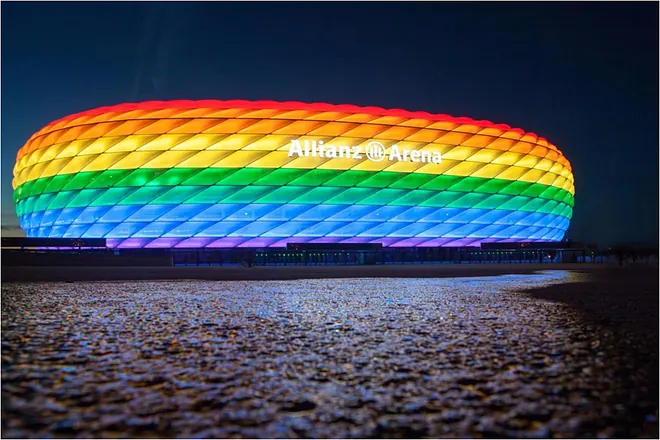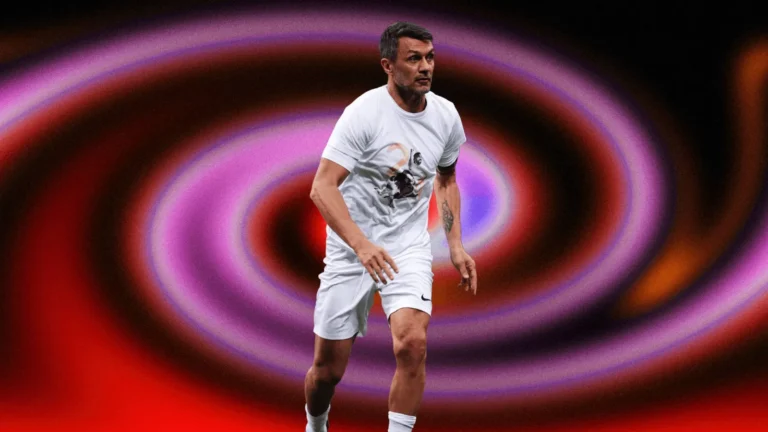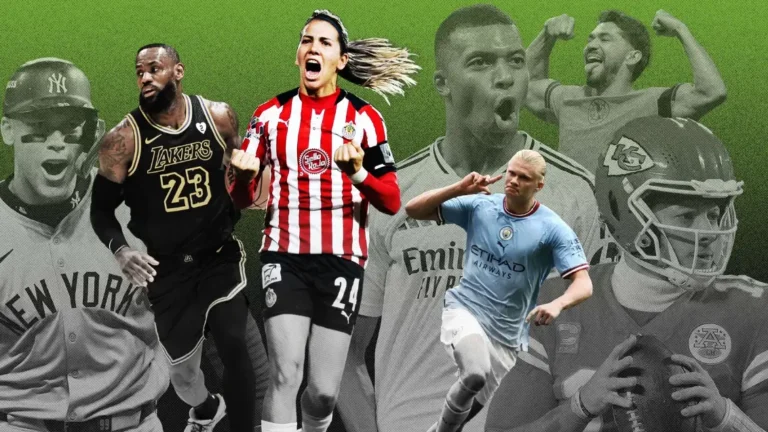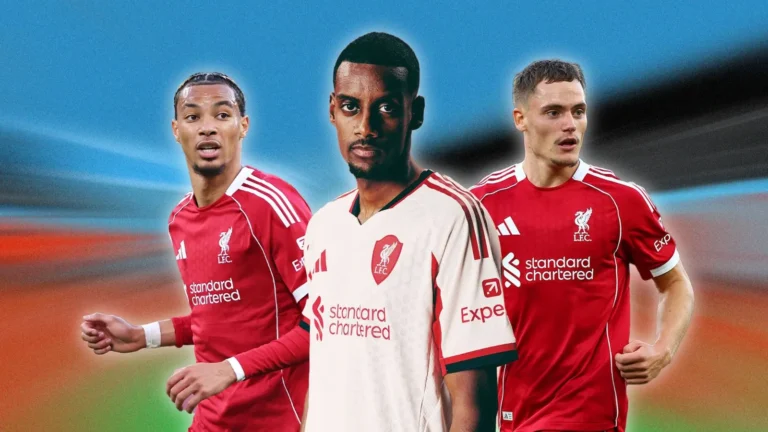
Hey there, soccer fans and equality advocates! If you’ve been following the beautiful game, you know it’s not just about goals and glory—it’s also about the human stories behind the players. Today, we’re diving into a bombshell revelation from former German footballer Marcus Urban, who’s blowing the whistle on the persistent struggles of LGBTQ+ athletes in professional men’s soccer.
In a world where pride flags wave at stadiums and inclusivity campaigns make headlines, Urban claims that some gay players are still resorting to “fake girlfriends” and even “fake marriages” to hide their true selves. Let’s unpack this eye-opening story, straight from the pages of an upcoming book that’s already stirring up conversations.
Who Is Marcus Urban? From Pitch to Pride Activist
Marcus Urban isn’t just any ex-player spilling tea—he’s a pioneer. Back in 2007, after hanging up his boots from a career that included stints with Rot-Weiss Erfurt and East Germany’s youth teams, Urban became the first professional footballer in Germany to come out as gay. Now 54, he’s channeled his experiences into activism, working as a diversity consultant through his organization, Diversero, where he champions LGBTQ+ issues in sports.
Urban’s journey hasn’t been easy. He retired young, partly due to the homophobia he faced in the locker room, and he’s been vocal ever since about the toxic environment that forces players to stay closeted. His latest insights come from Mensch Fußballstar (which translates to “Human, Football Star”), a book by Swiss journalist Andreas Böni set to hit shelves on August 18, 2025. The book features big names like Lothar Matthäus, Manuel Neuer, and even FIFA president Gianni Infantino discussing taboo topics in soccer. But it’s Urban’s excerpt, first published in the German newspaper BILD on August 12, 2025, that’s grabbing global attention.
The Shocking Claims: Fake Relationships and a Shadowy Network
According to Urban, despite all the progress we’ve seen—think rainbow armbands and anti-discrimination pledges—the fear factor is still very real for gay players in Europe’s top leagues. He alleges that some athletes go to extreme lengths to maintain a straight facade, including staging relationships with “fake girlfriends” or even entering “fake marriages.” Why? It’s not the fans or clubs anymore, he says—those barriers have largely crumbled. Instead, it’s the “internal climate”: the players’ own fears, amplified by their entourages.
Urban paints a picture of a insidious system where agents and agencies profit from secrecy. “They organise fake girlfriends and fake marriages,” he explains. “At the same time, there are agencies that organise sexual encounters. They also make good money from this. But the players’ representatives sometimes organise these things for their clients and then have the players in their hands.” Essentially, these handlers gain leverage, turning vulnerability into control. Advisors, family members, and media lawyers often discourage coming out, projecting their own anxieties or safeguarding lucrative deals.
And it’s not just interpersonal drama—Urban points to the rise of religious influences in team dynamics as a major hurdle. He calls out “supposedly religious manipulators” who create anti-diversity vibes in locker rooms, especially among younger players. Groups like “Ballers in God” get a mention, with ties to players who’ve shared homophobic content online. In a sport that’s increasingly global, these cultural clashes can make inclusivity feel like an uphill battle.
The Failed Mass Coming-Out: A Missed Opportunity for Change
This isn’t Urban’s first rodeo in pushing for visibility. In 2023 and 2024, he spearheaded initiatives like “Sports Free,” aiming to orchestrate a group coming-out on May 17, 2024—the International Day Against Homophobia. Players from Germany, Austria, and England were reportedly on board, but it all fell apart. Urban blames the same culprits: overcautious advisors and that web of “misguided pseudo-concern.”
It’s particularly striking in Germany, one of the most LGBTQ+-friendly nations out there. Yet, no active male player in the Bundesliga has ever publicly come out as gay or bisexual. Urban’s frustration is palpable: “Players are frustrated time and again in their desire for freedom.”
Why This Matters: Toward a Truly Inclusive Game
Urban’s revelations, while not naming names or dropping hard evidence, draw from his decades of insider knowledge and consultations with those still in the game. They highlight a stark reality: Elite men’s football lags behind in LGBTQ+ acceptance, even as women’s soccer and other sports celebrate openly queer athletes.
As we approach the book’s release, this story is a call to action. Fans, clubs, and governing bodies need to foster environments where players can be their authentic selves without fear of backlash or exploitation. After all, soccer is called the beautiful game—shouldn’t it be beautiful for everyone?








